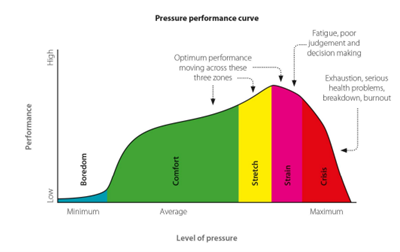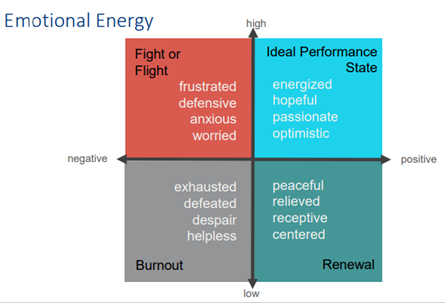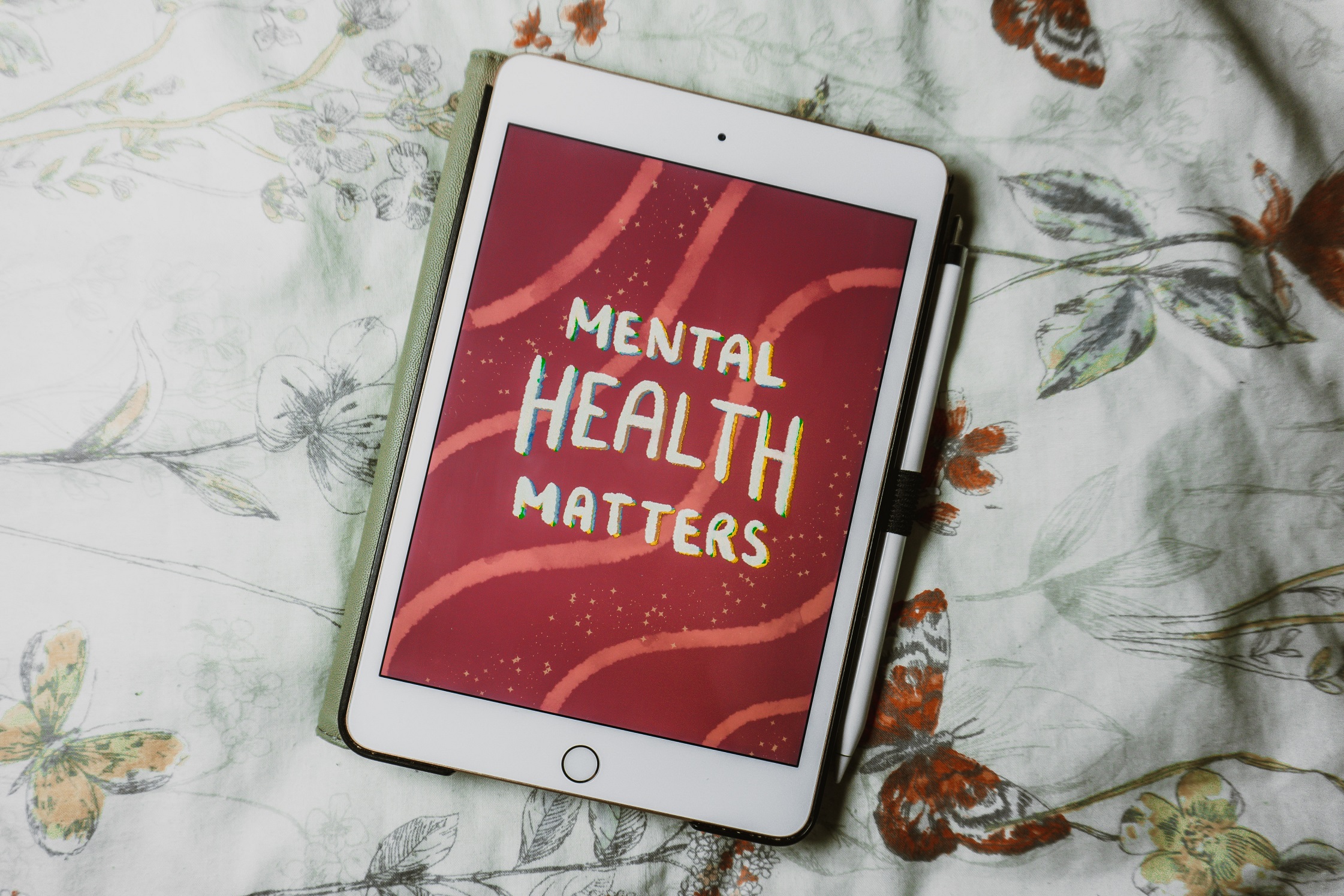Looking for placements or graduate schemes can be relentless. When you’re juggling looking for a job alongside lectures, writing a dissertation, perhaps a part time job and all the other stressors, it can be easy to become overwhelmed.

Karla from Philips UK shares her top tips for managing your wellbeing during your job search.
1. How can stress affect you
Stress is a natural part of everyone’s lives. We deal with it every day, typically at a level that is manageable, regular, and expected. However, stress can become a problem if it exceeds your current capacity. This is a deviation from normal daily stressors, that is unplanned and unintentional, as well as potentially chronic or acute.
It can have a variety of different effects on you that you may already be familiar with:
- Cognitive: memory problems, poor judgement, inability to concentrate, indecisiveness
- Emotional: frustration, aggression, depression, mood swings and irritability
- Physical: Frequent colds, teeth grinding, headaches & migraines, chest pain and rapid heartbeat
- Behavioural: demotivated, loss in sense of humour and pride in appearance, isolating yourself from others, sleeping too much/little, etc.
Despite this, stress can be a good thing. It can be a good pressure that helps you perform at your best:

2. The importance of strategic recovery from stress
Strategic recovery is when you schedule in a rest period for yourself between stressors.
Treat building resilience like you would building muscle in the gym. You need rest and recovery for the muscles to repair themselves and get stronger. Your wellbeing is the same.
Plan in strategic rest and recovery when you are balancing all of the stressors to ensure you have the resilience and capacity to keep going.
3. Do an emotional energy audit
It is important to take some time every now and then to do an emotional energy audit. Use the grid below as a way to do this, and measure how high or low your emotional energy level is, and how positive or negative your current mood is.

If we spend too much time in the ‘fight or flight’ part of the grid, we can move into burnout.
Ask yourself – where am I right now?
Remember that all emotions are valid and part of the experience of being human. Rather than resisting ‘negative’ emotions view emotions as a source of information that help you understand what is going on around you.
Negative emotions, in particular, can help you recognize threats and feel prepared to positively handle potential dangers. When you regular practice ‘what is this emotion telling me?’ then you can more easily choose activities and behaviours that move you from the left-hand side to the right-hand side, helping you to recover from stress.
4. How do we recover?
There are many ways you can reduce stress. Some include:
- Physical activity (e.g., a sport or even just a walk)
- Creativity- (e.g., an arts-&-craft project)
- Laughing
- Crying
- Physical affection (e.g., hugs)
- Deep breathing / meditation
So select a time and try one of these ways out!
5. Develop a more compassionate inner voice- “Tune in to your narrative”
Berating ourselves when things don’t work out how we planned isn’t going to help us to build our resilience or take care of our wellbeing. Think about the tone of your inner voice during times of stress, is it critical or supportive?
Your perspective changes the outcome of everything, so when you view stress as a positive for example, (i.e. this is helping me rise-up to the challenge), your body believes you and your stress response becomes healthier.
Developing a more compassionate inner voice allows us to move through tough times and go gently on ourselves when we need it.
Some practical ways to do this could be:
- Affirmations- being emotionally supportive of yourself
- Journaling- writing down your stressors and identifying only those within your control – these are the ones to work on
- And talking therapies.
Need additional support?
You can always speak to a careers advisor if you’d like more support during your job applications. Book an appointment on Surrey Pathfinder.
If you’re struggling with your mental health, please reach out for support from the Centre for Wellbeing.

